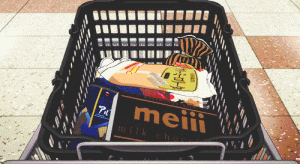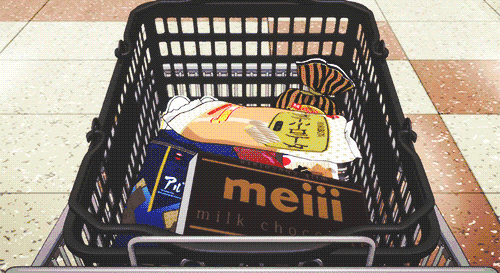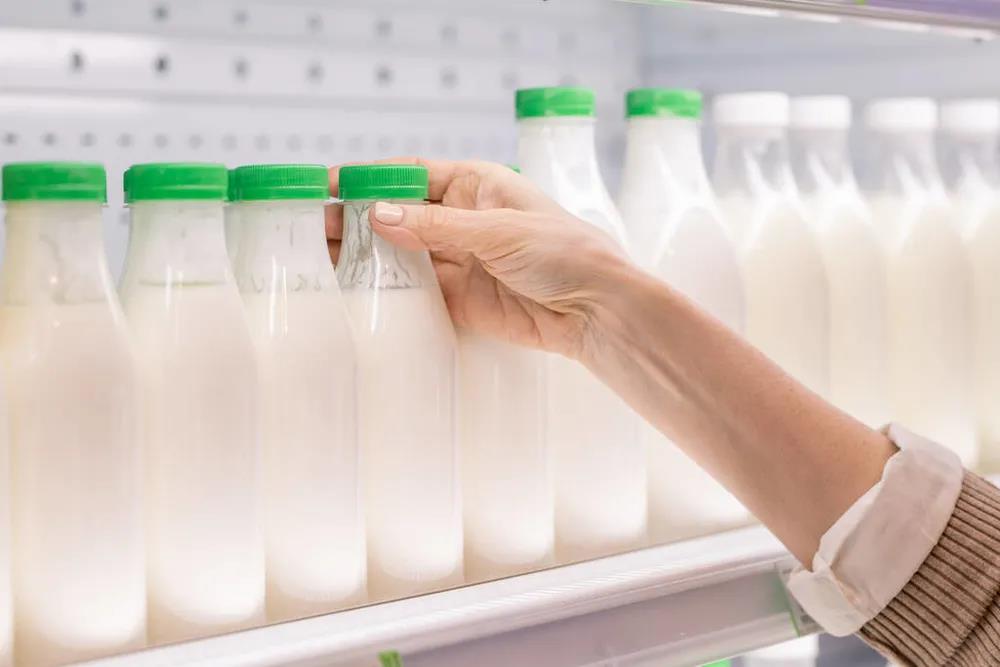
How can we spend the least money and enjoy the quality of life without compromise? Many people answer this question by buying ” advent food”.
3 questions about food at the end of the day

No.1
Is it safe to eat impending food?
Under normal circumstances, the shelf life of food is shorter than the time when it actually “spoils.” For qualified prepackaged food, as long as the storage method is correct, there is basically no safety risk during the shelf life, and the state and flavor are normal.
What needs to be reminded is that foods with high water content such as milk tea, fruit juices, and pastries will deteriorate very quickly once microorganisms grow. It is best to buy these types of temporary foods carefully.
Some of the impending discounted foods are mostly processed foods with high oil, high salt and high sugar, which are not good for health, so don’t buy too much at one time. If the price is similar, it is recommended to buy multiple small packages instead of one large package of impending food.
If you find that a food stored at room temperature will expire within a week, and you can’t finish it after a few days after buying it, it is recommended to keep it in the refrigerator. Because lowering the temperature can appropriately extend the shelf life. Of course, don’t keep it in the refrigerator forever. Not only is electricity wasted, but the food is also out of date.
No.2
Can I still eat the food that has just expired?
The deterioration of food quality is caused by the growth and reproduction of microorganisms, chemical reactions, and the metabolism of the food itself. It is a slow and gradual, but unavoidable process.
Food can be divided into two categories roughly: “long shelf life food” and “short shelf life food”.
Long shelf life food
If the expiration time is not long, there may not necessarily be a food safety issue.
Foods with long shelf life can be stored for several months to several years generally. As long as the storage conditions meet the requirements and the packaging is not opened, the expiration time is not long, and the appearance does not seem to change significantly, it can still be eaten safely.
In particular, foods such as vacuum-packaged grains, canned food, instant noodles, biscuits, and frozen foods that have a long shelf life are not easy to grow or grow slowly, and their safety is relatively high.
It should be reminded that the shelf life of frozen food can only be long enough if it is kept frozen all the way. If the intermediate freezing state is interrupted for a period of time, the food safety risk may increase sharply.
If you are really worried about food safety, you should not “risk” eating it anymore. After all, at this time, the manufacturer has no longer made quality commitments for it. Whether there is a quality degradation or safety risk, you need to determine by yourself.
Short shelf life food
Once it has expired, it is recommended not to eat it anymore.
Fresh milk, fresh juice, freshly-made cakes or bread, cold meat and other short-life foods, except for baked goods such as bread, usually need to be refrigerated. The shelf-life generally ranges from 3 to 30 days.
The shelf life of this kind of food is usually strict. As long as the shelf life is over, the risk of their microbes exceeding the standard will increase, so don’t eat it.

No.3
Is the food within the shelf life safe definitely?
Although there is a shelf life, some foods may spoil prematurely due to improper storage and other reasons.
One is the cold chain transportation and refrigerated sales of food, such as pasteurized milk, meatballs, and soy products, which are most prone to spoilage due to bacterial growth.
The second is foods that are sold at room temperature but have a short shelf life, such as cakes and cooked foods, which have high water content and are rich in nutrients and are prone to breed bacteria and mold.
The third is fat-rich foods such as nuts and edible oils. After they are exposed to oxygen, the unsaturated fatty acids contained in them are easily oxidized and produce substances harmful to the human body.
If due to improper storage, if you find that the surface of these foods is moldy, sticky, soft or hard, bitter, sour, or smelly when you eat them, don’t eat them even if they have not expired.
In addition, beware of bad merchants revising the shelf life, such as some cooked meats. Once they expire, the microorganisms are likely to exceed the standard and there are hidden food safety hazards. When buying impending food, be sure to keep your eyes open.
Comments